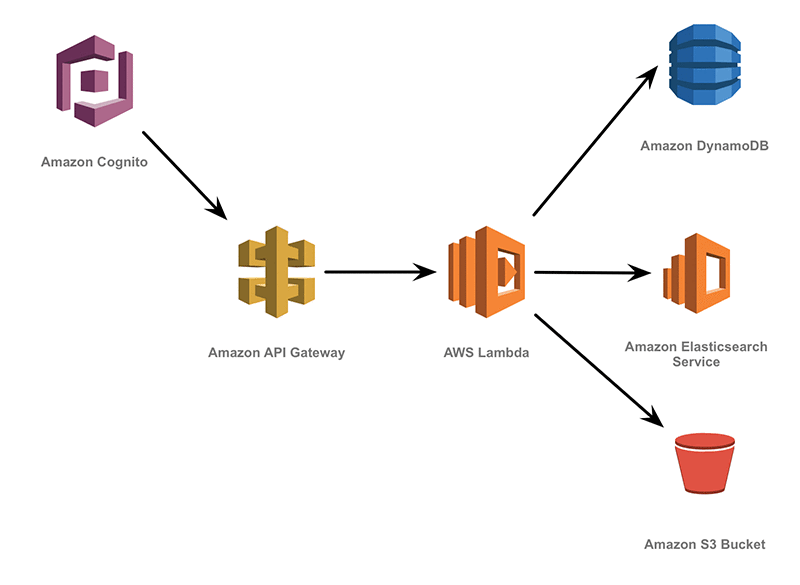How Amazon is Solving Big Data Challenges With Data Lakes

Given the sheer scale of its operations, Amazon have to ensure maximum accuracy with each and every calculation which is made, a misstep here or there could result in millions of dollars in unnecessary costs. Much like everything it does, Amazon found a solution, the data lake.
What Is a Data Lake?
Amazon’s definition of a data lake is that this is a ‘centralized repository that allows you to store all your structured and unstructured data at any scale’. In layman’s terms this means that this is essentially a smart ‘lake’ or space where you can add all of your data, structured or otherwise, and then integrate apps and software in order to yield the results which you want, at high speed.
Why Do You Need a Data Lake?
Any company which needs to generate business from their data can find great benefits from using a data lake. A study performed by analysts Aberdeen, found that an organization which actively utilized a data lake for its storage and its analytics, outperformed those who did not by 9%, that is the kind of performed which no business can afford to turn down. Ultimately a data lake aids a business in identifying opportunities amongst its clients and can quickly turn that into direct action. If you are unsure whether you should be using data lake as a service, the answer is a resounding yes.
Exploring Some of the Benefits Amazon is Able to Offer
With the emergence of its data lake Amazon enjoys a great many benefits from its use. Amazon Drive is Amazon’s customer-focused cloud storage service. Like all cloud storage services, Amazon Drive allows users to save their files and documents. To begin with there is the real time aggregation and storage of data, which can easily be taken from multiple sources and added to the lake. This offers benefits with regards to time saving, owing to there being no need to define structures first, as well as offering the ability to scale any size of data. Machine learning is a another core benefit of a data lake. Using the lake, businesses can take the information in it and use that to forecast potential results using historical and real time data.
This is not all, the data lake is able to aid businesses like Amazon in provided highly in-depth and useful analytics. It achieves this because it is easily able to integrate with open source frameworks and many more tools which essentially plug-in and digest the swathes of data in the lake.
Amazon are changing how we see and use big data and through the data lake they give us better access, more secure storage and increased usage of that information which businesses can use to find higher levels of success.

























